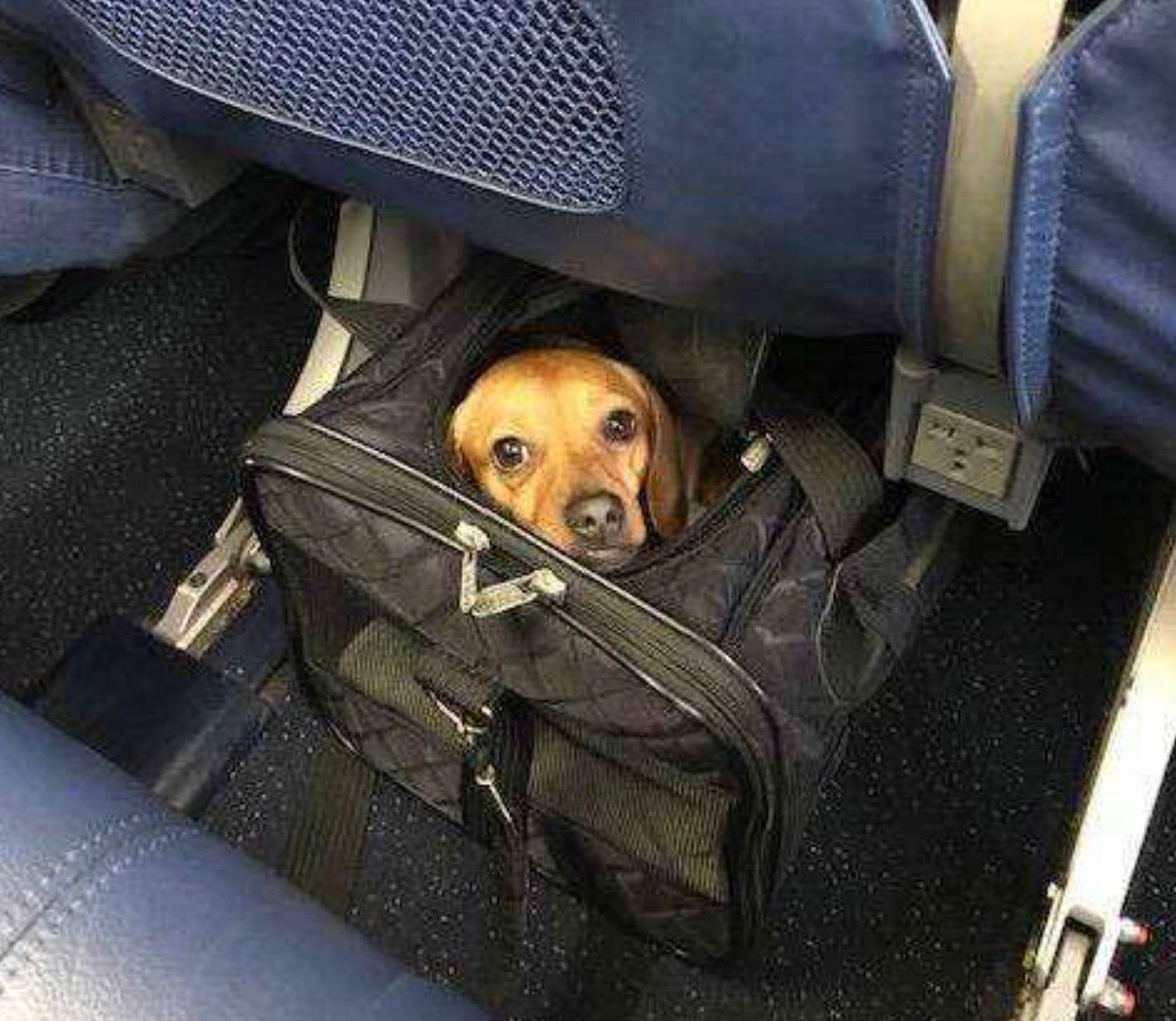Pets Traveling to the UK
The United Kingdom is a popular destination for relocation and pet travel The UK follows a PET TRAVEL SCHEME for all pets arriving in to the UK. There have been many recent changes (APRIL 2017) regarding the rules and requirements for importing pets to the UK. While there is no quarantine for cats and dogs in the UK import requirements are met, detailing a safe and smooth move plan for your pet can be a delicate process.
What is involved in relocating your pet to the UK? The UK has specific requirements when importing your pet to the UK. They follow a set of rules and regulations referred to as the Pet Travel Scheme. Some new changes took effect December 2014 requiring owners to arrive into the country within +/- 5 days in order for the animal to be considered a "non commercial" pet. This requires some planning with the vaccines, travel booking, and vet appointment for final health certificate. Additional documentation may be required for pets with vaccines more than 12 months old.
Effective April 2017, The UK now requires a ToR (Transfer of Residence) number required for customs processing and VAT for all pets importing to the UK. Continental Pet Relocation can help with this process to ensure you have everything you need to import your pet to the UK. It is advisable to complete the ToR Application as soon as possible to avoid having to pay the VAT when you pet arrives. If your pet arrives the UK prior to receiving your ToR number, you will have to pay the VAT and seek reimbursement.
Basic Requirements for pets entering the UK from the US
- Microchip (Implanted and Scanned)
- Rabies Vaccination (PRIMARY 1 YEAR) and Certificate (must be at least 21 days old prior to travel and administered after the microchip)
- EU Health Certificate (Annex IV - non commercial or Annex I - commercial) or EU Passport
- Tapeworm Treatment (for dogs only) within 1-5 days of entry to the UK
- USDA or Government Military Vet Endorsement for EU Health Certificate
RABIES VACCINATION REQUIREMENT
The rabies vaccination rules became stricter in 2017, as DEFRA began enforcing that the primary rabies vaccination (the one given right after the microchip) must either be a 1-year vaccination or a 3-year vaccination still within the first year when the pet travels. This means that if your pet was given a 3-year vaccination right after the microchip that is now in its second or third year, it is no longer valid for entry into the UK.
Additional Details:
- The rabies vaccine must be at least 21 days old at the time of the pet's final health exam before departure.
- The vaccine must have been administered after the microchip was implanted.
- This rule applies to pets coming from EU countries and listed countries such as the United States - if you're coming from an unlisted country, stricter rules will apply.
- Example Scenario: If a pet has a microchip implanted and is then given a three year rabies vaccination, the vaccination must be within its FIRST YEAR when the pet arrives in the UK. Otherwise, the pet would need another vaccination in order for it to be considered valid.
EU Pet Passports
Many people believe that their pet needs an EU Pet Passport to travel to the UK. Although an EU Pet Passport does simplify the process, it is not necessary for importing pets into the UK.
An EU Pet Passport can only be issued by an official veterinarian in the European Union (EU) so if your pet is coming from another country outside of the EU and does not have an EU Pet Passport yet, you'll need to follow the above-listed requirements.
Pets that have an EU Pet Passport with an expired rabies vaccination listed or a vaccination that was updated by a veterinarian who was not in the EU will also be required to follow the import steps listed above - which includes completing the EU Health Certificate endorsed by the USDA or Government Military Vet.
On the other hand, if your pet does have an EU Pet Passport and the rabies vaccination was recorded by an EU veterinarian and is still valid, your pet will only need the EU Pet Passport to travel to the UK. The airline your pet is traveling with will still require a health check by an accredited within 10 days of travel to ensure your pet is okay to fly, but an endorsement from a government vet of this health certificate is not required.
Commercial vs. Non-Commercial Pet Travel
If you're planning pet travel to the UK (or anywhere in the EU), you've probably heard of the
5-Day Rule. Since 2014, pet owners must travel to the UK within five days of their pet's arrival in order to avoid the move being labeled as a "commercial" shipment. While you can still import your pet as a commercial shipment, the health certificate is only valid for 48 hours rather than 10 days and you are subject to additional taxes at import.
Commercial pet moves require a health certificate to be completed (and endorsed by a government entity) within 48 hours of the pet's departure. If you don't have a government office (like a USDA office in the United States, for example) nearby you may need to consider having your net depart from a different city to make the short time frame work.
Once your pet arrives in the UK as a commercial movement, you will be expected to pay at least 44 GBP or more depending on the size of your pet in additional DEFRA taxes. Also, the arrival process for a commercial move may take more time than a non-commercial move considering the stricter requirements.
BREXIT
DEFRA has been advising pet owners planning to travel with their pets to Europe after Brexit to contact their vets at least four months before travel to prepare for all scenarios, including No Deal.
If the UK leaves the EU without a deal on 31 JANUARY 2020, pet owners would need to visit their vet 4 months PRIOR TO DEPARTURE!
BREXIT NO DEAL SCENARIO FOR PETS RELOCATING FROM THE US TO THE UK:
Vet will need to ensure the pet has a microchip, proof of a primary rabies vaccination and is current, and a blood test to demonstrate sufficient levels of rabies antibody. The blood test needs to be carried out a minimum of 30 days after its last rabies vaccination (whether that's a booster or initial vaccination) and a minimum of three calendar months before travel. A current EU pet passport issued in the UK will not be valid for travel to the EU. Instead, pet owners would need to apply an Animal Health Certificate no more than 10 days before travel.
https://www.gov.uk/guidance/pet-travel-to-europe-after-brexit
The "Transfer of Residency" Declaration
This declaration, sometimes referred to as the ToR, replaces the C5 Customs Form. Pet owners can either secure this form before travel or pay a tax upon arrival. You can find the ToR Application here
Additional Details:
- This new rule applies to all imported goods, not just pets.
- Pet owners should apply to the ToR in advance, as we've noticed it takes two weeks to 30 days to process.
- If you arrive without this form, Customs VAT will be payable on deposit before the pet is allowed to be released (and this can be expensive). Note that this deposit can be reclaimed upon proof of exit from the UK.
- The form is available here and it can be submitted to nchcie@hmrc.gsi.gov.uk.











